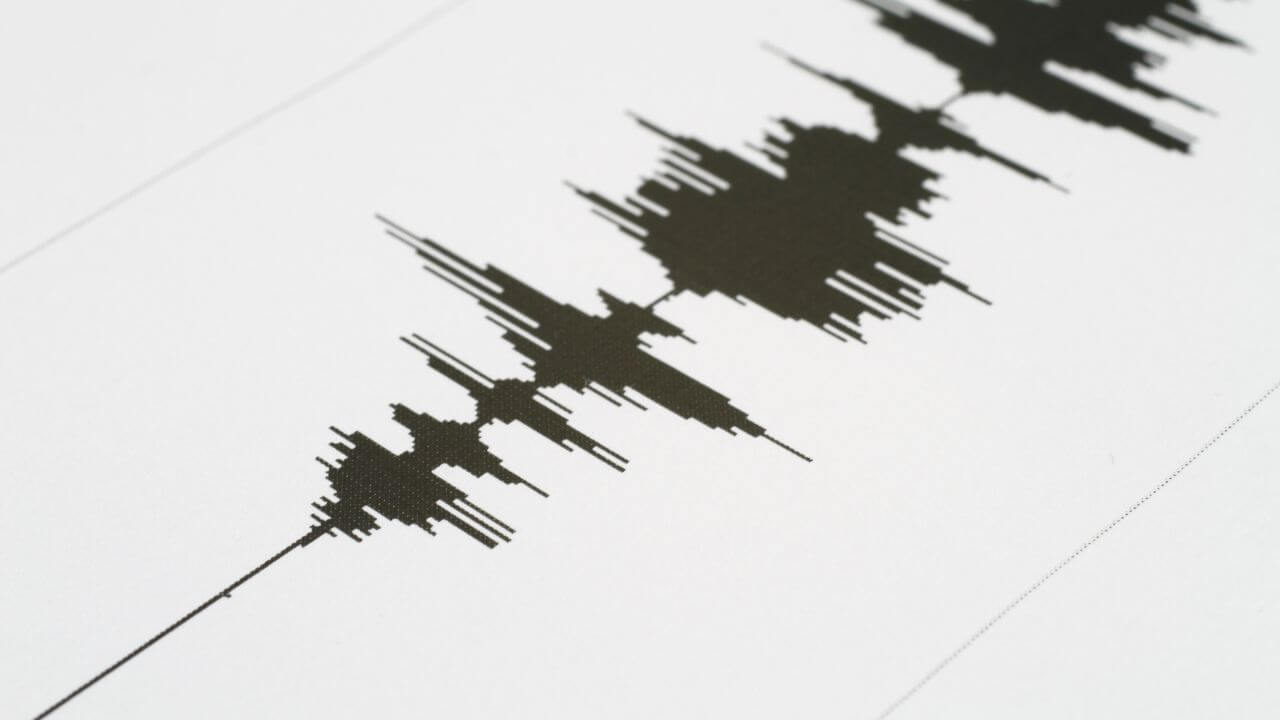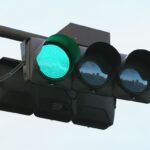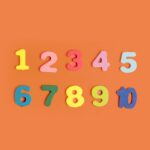
Top 10 Most Interesting Japanese Onomatopoeia
Learning Japanese can be a colorful adventure, and one of the most fun aspects of the language is onomatopoeia—words that imitate sounds or describe states, feelings, and actions in a vivid way. Japanese is full of these words, called オノマトペ (onomatope), and they are used in daily conversation, manga, anime, and more. Here are the top 10 most interesting onomatopoeia that will help you understand the expressive nature of Japanese and maybe even bring some fun to your own language learning!
1. Pika Pika (ピカピカ)
Ever heard of Pikachu? The word “pika pika” means something is sparkling, shiny, or twinkling. It’s used to describe anything that glistens, whether it’s a clean surface, a shiny gem, or even someone’s eyes that are sparkling with excitement!
Example sentence: 部屋がピカピカに掃除されている。
(The room has been cleaned until it’s sparkling.)
2. Goro Goro (ゴロゴロ)
This versatile word can mean several things. It can refer to a rumbling sound, like thunder or a rolling object. It’s also used to describe the state of lounging around lazily—think of a lazy afternoon where you just want to relax and roll around.
Example sentence: 日曜日は家でゴロゴロして過ごした。
(I spent Sunday just lounging around at home.)
3. Doki Doki (ドキドキ)
“Doki doki” captures the sound of a heartbeat, especially when you’re nervous or excited. It’s perfect for describing that fluttery feeling you get when you’re about to meet someone you like or when you’re on an exciting adventure.
Example sentence: 試験の結果を待っている間、心がドキドキしていた。
(My heart was pounding while waiting for the exam results.)
4. Shiin (しーん)
“Shiin” represents complete silence—the kind of silence where you could hear a pin drop. It’s often used in manga to illustrate a scene where everything is quiet and still, adding dramatic effect to the moment.
Example sentence: 部屋の中はしーんとしていた。
(The room was completely silent.)
5. Zawa Zawa (ざわざわ)
“Zawa zawa” is used to describe an unsettling or uneasy atmosphere, like the murmur of a restless crowd. It’s often found in manga to depict tension in a group or the feeling that something bad is about to happen.
Example sentence: 試合前の観客席がざわざわしていた。
(The audience was murmuring restlessly before the match.)
6. Pero Pero (ペロペロ)
This cute-sounding onomatopoeia means “licking”, like when an animal or even a child is licking something. It’s often used to add a playful tone, especially when talking about pets.
Example sentence: 犬が手をペロペロなめてきた。
(The dog licked my hand.)
7. Giri Giri (ギリギリ)
“Giri giri” is used to describe something happening at the last minute or just barely making it. Imagine running to catch the train and making it just as the doors close—that’s a “giri giri” situation!
Example sentence: ギリギリで電車に間に合った。
(I just barely made it to the train.)
8. Waku Waku (ワクワク)
“Waku waku” is the feeling of excitement and anticipation. It’s used when you’re looking forward to something, like an upcoming vacation or a fun event. It’s that bubbling-over sense of joy you feel when you can hardly wait.
Example sentence: 旅行のことを考えるとワクワクする。
(I get excited just thinking about the trip.)
9. Kira Kira (キラキラ)
Similar to “pika pika”, “kira kira” is used to describe something sparkling or glittering. It’s a little more delicate, often used for stars, jewelry, or even someone’s beautiful eyes.
Example sentence: 夜空に星がキラキラ輝いている。
(The stars are sparkling in the night sky.)
10. Boro Boro (ボロボロ)
“Boro boro” is used to describe something that’s worn-out or falling apart. It could be an old house, a torn piece of clothing, or even how you feel after a long day—completely exhausted and in need of a recharge.
Example sentence: 古い靴がもうボロボロだ。
(My old shoes are completely worn out.)
Final Thoughts
Japanese onomatopoeia can make your conversations more lively and colorful. By incorporating these words into your vocabulary, you can better express emotions and describe situations in ways that convey a lot of nuance and personality. Plus, they’re fun to say!
Have a favorite onomatopoeia that we didn’t include? Let us know in the comments below—we’d love to hear which ones you find the most interesting!
If you want to learn Japanese, improve your skills, or connect with native speakers and other learners, we can help. We offer one-on-one lessons, a supportive community, and on demand courses.
Website: nihongonana.com
Email: support@nihongonana.com
✅Book 1-on-1 lessons: https://nihongonana.com/lessons/
✅Join our community: https://nihongonana.com/community/
✅Access courses: https://nihongonana.com/courses/





Leave Comment